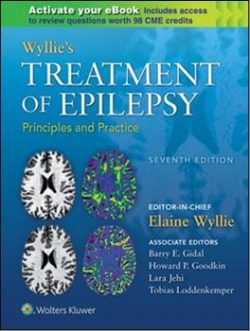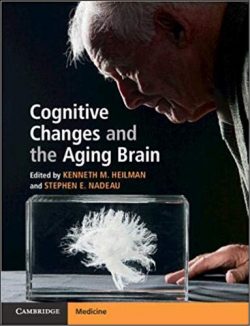5-HT2A receptors are G-protein coupled receptors that are widely distributed throughout the brain, most notably on neuronal and glial cells. 5-HT2A receptors have been implicated in various central physiological functions including mood regulation, memory, sleep, nociception, eating, and reward behaviors, and they are also believed to control the cardiovascular system. This book provides a comprehensive overview of these receptors including sections on their properties and distribution, approaches for their study, their role in a number of brain functions and diseases, and their role as therapeutic targets.
Pharmacological analysis in favour of a physiological role for the constitutive activity of 5-HT2A receptors in learning.- βArrestins: Ligand-directed regulators of 5-HT2A receptor trafficking and signaling events.- 5-HT2A receptor heterodimerization Brain distribution.- PET imaging of the 5-HT2A receptor system: A tool to study the receptor’s in vivo brain function.- Serotonergic receptor 5-HT2A in the cardiosympathovagal system.- Crosstalk between 5-HT2A and mGlu2 receptors: Implications in schizophrenia and its treatment.- Schizophrenia.- Role of Serotonin-2A Receptors in Pathophysiology and Treatment of Depression.- Brain circuits regulated by the 5-HT2A receptor: behavioural consequences on anxiety and fear memory.- 5-HT2A/2B/2C Receptors, Memory and Therapeutic Targets.- 5-HT2A receptors in the basal ganglia.- The involvement of 5-HT2A receptor in the regulation of sleep and wakefulness, and the potential therapeutic use of selective 5-HT2A receptor antagonists and inverse agonists for the treatment of an insomnia disorder.- 5-HT2A receptors and Pain.- 5-HT2A receptors in eating disorders.- Role of Serotonin2A (5-HT2A) Receptors in Epilepsy.- 5-HT2A receptors and BDNF regulation: Implications for Psychopathology.
Giuseppe Di Giovanni is Professor of Human Physiology, University of Malta, Malta. He is the President of the Malta Neuroscience Network and the Vice-President of the Mediterranean Neuroscience Society. He is the Editor in Chief of Journal Neuroscience Methods by Elsevier and the Editor for the book series The Receptor by Springer/Nature. His research focuses on the pathophysiology of the monoaminergic systems in different neuropsychiatric disorders, such as Parkinson’s disease, depression, drug of abuse and epilepsy.
Bruno Guiard is Associate Professor in Pharmacology, University of Paris XI, France. He is the author of several book chapters/reviews on the mechanisms of action of antidepressant drugs. He also took part in the edition of books on the neurobiology of mood. His research deals with the influence of astroglial cells in the regulation of serotonergic neurotransmission and the identification of new pharmacological targets for the treatment of various neuropsychiatric diseases.
5-HT2A receptors are G-protein coupled receptors that are widely distributed throughout the brain, most notably on neuronal and glial cells. 5-HT2A receptors have been implicated in various central physiological functions including mood regulation, memory, sleep, nociception, eating, and reward behaviors, and they are also believed to control the cardiovascular system. This book provides a comprehensive overview of these receptors including sections on their properties and distribution, approaches for their study, their role in a number of brain functions and diseases, and their role as therapeutic targets. Contains the latest information on the subject of neuropsychiatric disorders in relation to 5-HT2A
Contains the latest information on the subject of neuropsychiatric disorders in relation to 5-HT2A





